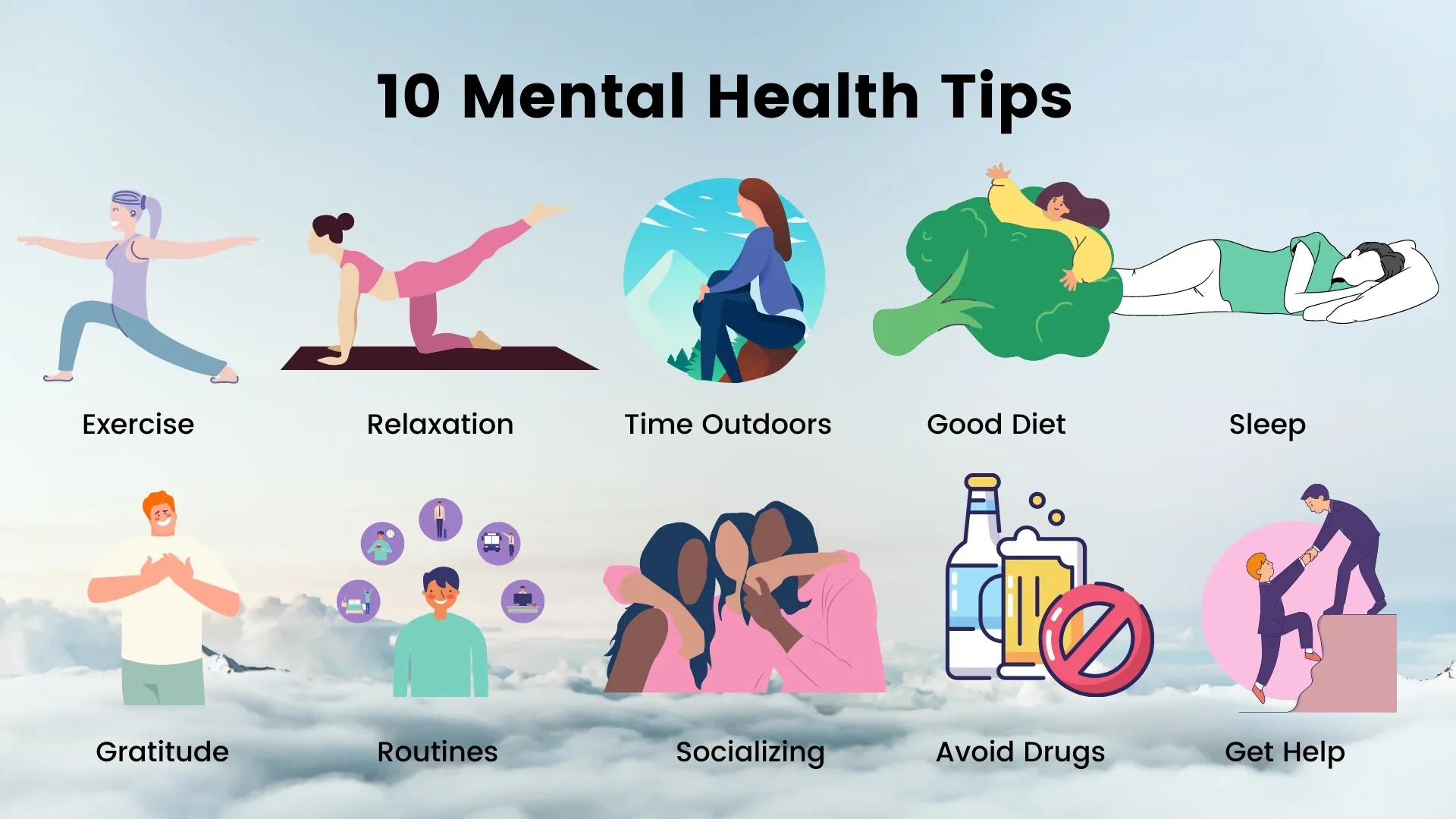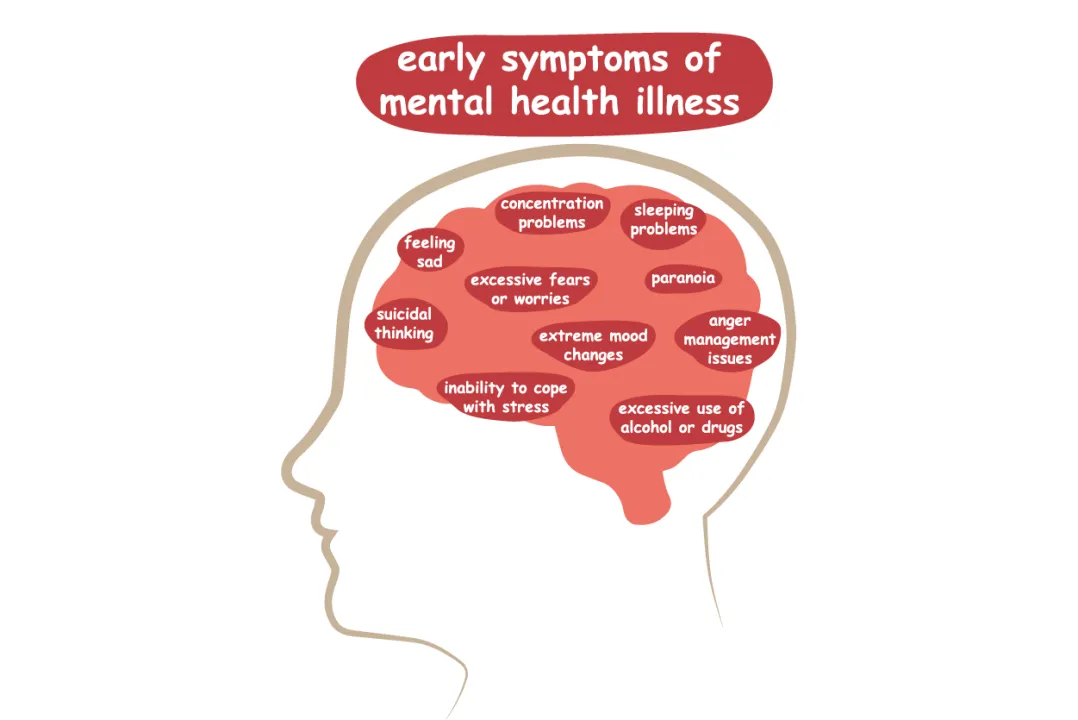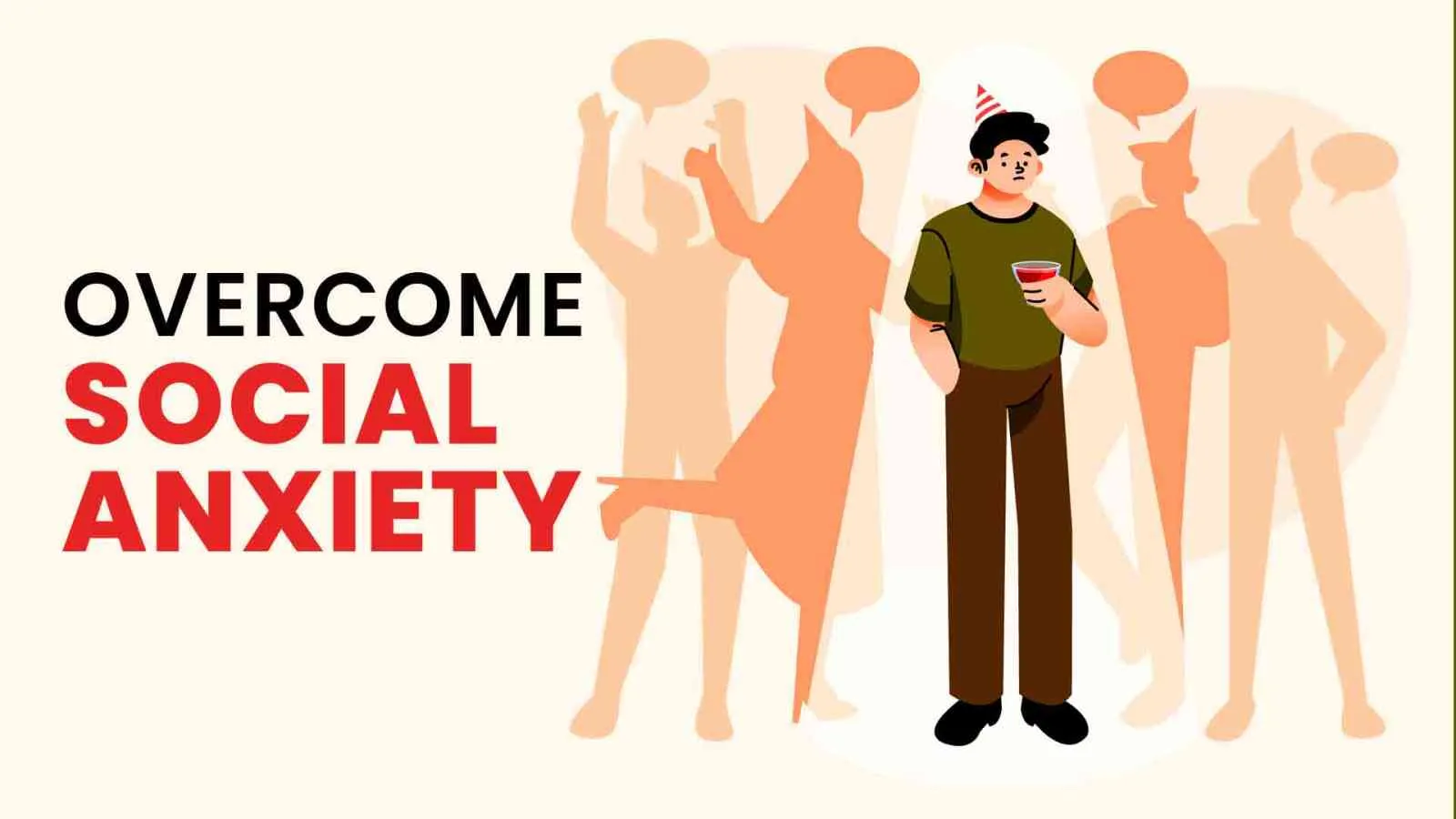Mental health is just as important as physical health, and maintaining good mental health is essential for leading a happy and productive life. In today’s fast-paced world, many people are looking for natural ways to improve their mental well-being, free from the side effects often associated with medications. Fortunately, there are several natural methods you can incorporate into your daily life to boost your mental health. In this article, we’ll explore practical and effective ways to improve mental health naturally, focusing on lifestyle changes, mindfulness practices, and simple habits that can help promote emotional balance, clarity, and resilience.
1. Prioritize Regular Physical Exercise
Exercise is one of the most effective natural ways to improve mental health.
- Why: Physical activity stimulates the release of endorphins, the brain’s “feel-good” chemicals, which can enhance mood, reduce stress, and alleviate symptoms of anxiety and depression.
- How to Do It: Aim for at least 30 minutes of moderate exercise most days of the week. This can include activities like walking, jogging, yoga, swimming, or cycling.
- Pro Tip: Choose activities that you enjoy, as this will increase the likelihood of sticking to your routine. Even a brisk 10-minute walk in nature can make a big difference.
2. Practice Mindfulness and Meditation
Mindfulness and meditation are powerful tools for enhancing mental well-being.
- Why: These practices help reduce stress, improve focus, and increase emotional regulation by promoting a deep sense of awareness and presence.
- How to Do It: Start with just 5-10 minutes a day. Find a quiet space, close your eyes, and focus on your breath. Let go of any distractions or negative thoughts.
- Pro Tip: Use guided meditation apps, such as Calm or Headspace, to help you get started and stay consistent with your practice.
Bonus: Practicing mindfulness can help you manage difficult emotions, improve your overall mood, and reduce the impact of stress on your life.
3. Maintain a Balanced Diet
What you eat directly impacts your mental health. A well-balanced diet supports brain function and emotional stability.
- Why: Nutrient-rich foods can boost neurotransmitter function, regulate hormones, and reduce inflammation, which is linked to mental health conditions like depression and anxiety.
- How to Do It: Focus on whole foods, such as fruits, vegetables, lean proteins, whole grains, and healthy fats. Avoid excessive sugar, processed foods, and caffeine.
- Pro Tip: Foods rich in omega-3 fatty acids (like salmon and flaxseeds), magnesium (like spinach and almonds), and B-vitamins (like leafy greens and eggs) can be especially beneficial for mental health.
4. Get Enough Sleep
Quality sleep is essential for maintaining good mental health.
- Why: Sleep allows your body and mind to recharge, repair, and process emotions. Poor sleep can contribute to mood disorders, stress, and cognitive impairment.
- How to Do It: Aim for 7-9 hours of sleep each night. Create a bedtime routine to help signal your body that it’s time to wind down.
- Pro Tip: Limit screen time before bed, avoid large meals and caffeine in the evening, and try relaxing activities like reading, taking a warm bath, or listening to calming music.
Bonus: Sleep can have a significant impact on your ability to manage stress and maintain mental clarity.
5. Build Strong Social Connections
Social connections play a vital role in mental health.
- Why: Meaningful relationships and social support can reduce feelings of loneliness, boost mood, and provide emotional resilience during difficult times.
- How to Do It: Make time to connect with family and friends, even if it’s just for a short chat. Participate in group activities or join a club that aligns with your interests.
- Pro Tip: Be open to new social opportunities. Volunteering or attending community events can help you meet new people and strengthen your social support network.
Bonus: Having a strong support system can help you navigate stress and provide a sense of purpose and belonging.
6. Spend Time in Nature
Spending time outdoors has numerous mental health benefits.
- Why: Nature has a calming effect on the mind, reducing stress, anxiety, and depression. It can also improve cognitive function and boost mood.
- How to Do It: Spend time walking, hiking, or simply sitting in nature. Try to get outside for at least 20 minutes a day, whether it’s in a park, by the beach, or in a forest.
- Pro Tip: Practice mindful walking, paying attention to your surroundings and sensations in the present moment, to further enhance the calming effects of nature.
7. Practice Gratitude
Gratitude is a simple but powerful way to improve mental health and increase happiness.
- Why: Regularly acknowledging what you’re thankful for can reduce negative thinking, improve mood, and promote a sense of fulfillment.
- How to Do It: Start or end your day by writing down three things you’re grateful for. These can be big or small, such as a supportive friend, a beautiful sunset, or good health.
- Pro Tip: Try practicing gratitude during stressful moments. Shift your focus to the positive aspects of your life rather than dwelling on negativity.
Bonus: Gratitude has been linked to improved emotional well-being, better sleep, and increased resilience.
8. Limit Screen Time
Excessive screen time, especially on social media, can negatively impact your mental health.
- Why: Spending too much time on screens can lead to increased stress, anxiety, and sleep disturbances. It can also contribute to feelings of inadequacy or loneliness due to comparison with others.
- How to Do It: Set boundaries for screen time, especially before bed. Engage in other activities, such as reading, exercising, or spending time with loved ones, to reduce your dependence on screens.
- Pro Tip: Implement “digital detox” days or weekends where you disconnect from all electronic devices to recharge and focus on real-world experiences.
Bonus: Limiting screen time can improve your sleep quality and help you stay present in your day-to-day life.
9. Engage in Creative Activities
Creativity can have a profound impact on mental health by allowing you to express your emotions and reduce stress.
- Why: Creative activities, such as drawing, painting, writing, or playing music, can serve as a healthy outlet for expressing emotions and processing difficult feelings.
- How to Do It: Set aside time each week for creative expression. You don’t need to be a professional artist—simply engage in activities that bring you joy and allow you to relax.
- Pro Tip: Keep a journal or sketchbook to record your thoughts and ideas. Writing or drawing about your feelings can help you gain clarity and release pent-up emotions.
Bonus: Creative activities have been shown to improve mood, reduce anxiety, and enhance cognitive function.
10. Seek Professional Help When Needed
While natural methods can be incredibly effective, it’s important to seek professional help if you’re struggling with mental health issues.
- Why: A therapist or counselor can provide valuable guidance, coping strategies, and support tailored to your specific needs.
- How to Do It: If you’re feeling overwhelmed or unable to cope, don’t hesitate to reach out to a mental health professional. Therapy, counseling, and support groups can help you manage mental health challenges.
- Pro Tip: Mental health professionals can help you build resilience, overcome negative thought patterns, and develop strategies for managing stress and anxiety.
Conclusion
Improving mental health naturally doesn’t require drastic measures or complex interventions. By making small, consistent changes to your daily habits—such as exercising regularly, practicing mindfulness, getting enough sleep, and fostering social connections—you can significantly enhance your mental well-being. It’s important to remember that mental health is a journey, and taking steps to care for yourself will pay off in the long run. Start small, be kind to yourself, and embrace these natural strategies to create a healthier, more balanced life.




